A major generational transition in the workforce is underway, with 10,000 Baby Boomers reaching retirement age every day. The newest entrant to the workforce, Gen Z, is expected to make up 30 percent of the U.S. workforce in just four years.
Because they are the most highly educated, tech-savviest generation to hit the workforce, the temptation by many is just to see them as even techier millennials. While they do share some characteristics with millennials, in some very important ways their worldview is distinct, likely shaped by the War on Terror, which has been waging for nearly their entire life, and the Great Recession. They are more conservative financially and socially and have a stronger work ethic.
WeSpire’s Insights Team decided to dig into what is known about this new generation as it relates to work, purpose and impact. We synthesized more than 30 survey sources to find out what gives Gen Z purpose and meaning, what engages them, what they care about and how they want to get involved. The result was our recent Industry Report: 15 Critical Insights about Gen Z, Purpose and the Future of Work (PDF).
“Job Purpose” will be increasingly critical for managers.
2. They want pride in their organization
They read Mission Statements and Values documents to select where they work and want their employer’s values to match their values. They expect consistency and authenticity and will call you out, often publicly, if they don’t see it. They will leave companies they believe are hiding or putting too much spin on bad news, ignoring their negative environmental or social impacts, or that have toxic workplace cultures.
3. They prize and embrace diversity
They are the most diverse generation to enter the U.S. workforce, with 45 percent identifying with a race other than Caucasian. Sixty percent will support brands that take a stand on issues they believe in regarding human rights, race and sexual orientation.
4. Equality and environment are their top causes
Seventy-two percent believe racial equality is the most important issue of today and 36 percent identify equality as the No. 1 cause they want their employer to support. The second-highest was environment, followed by health, students and poverty.
5. They view mental health and obesity as critical health issues
Two-thirds are stressed about their health and well-being. Experts say that we are on “the cusp of greatest mental health crisis of all time,” with skyrocketing depression and suicide rates. This generation has higher rates of ADHD and are accustomed to accommodation in school and may struggle without similar support at work. Forty-seven percent are expected to be obese.
What these insights speak to is how critical it is for organizations to continue to define their purpose beyond profit, to clarify and communicate with every employee how individual roles contribute to that impact. We also see in these insights the increasing need to align sustainability, social impact, diversity and well-being strategies, particularly related to employee engagement. Most important, the initiatives need to be authentic and supported by leadership or companies face the real potential of being called out by their own workforce in an increasingly public way.
The remaining insights highlight that program leaders and internal communications teams also face the sometimes-daunting challenge that they need to design engagement programs that communicate all of this in less than eight seconds (down from 13 seconds for millennials), primarily using video, with attention bouncing among five screens: phone; tablet; desktop; TV; laptop.
As the recent WSJ front page headline warned: Gen Z is coming to your office. Get ready to adapt.
Source
http://greenbiz.com/article/5-things-know-about-gen-z-employees-and-sustainability


